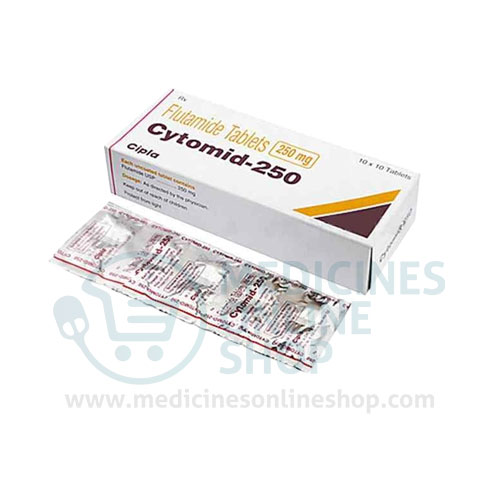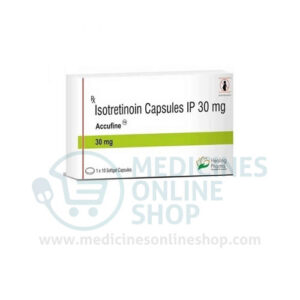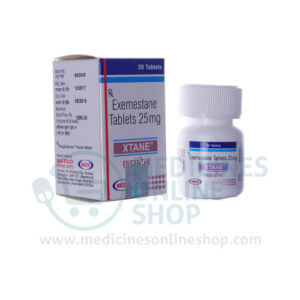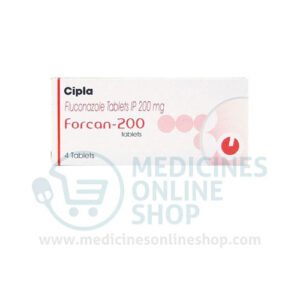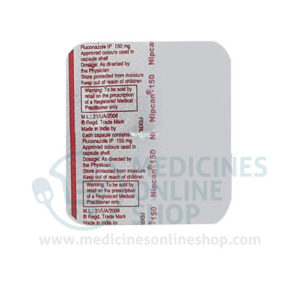Flutamide Information
What is this drug used for?
• It is used to treat prostate cancer.
• It may be given to you for other reasons. Talk with the doctor.
Possible side effects
Flutamide may cause side effects. Tell your doctor if any of these symptoms are severe or do not go away:
• Hot flashes.
• Upset stomach or throwing up.
• Enlarged breasts.
• Lowered interest in sex.
• Not able to get or keep an erection.
• Diarrhea
Some side effects can be serious. If you experience any of these symptoms, call your doctor immediately or get emergency medical treatment:
• Signs of an allergic reaction, like rash; hives; itching; red, swollen, blistered, or peeling skin with or without fever; wheezing; tightness in the chest or throat; trouble breathing, swallowing, or talking; unusual hoarseness; or swelling of the mouth, face, lips, tongue, or throat.
• Blood in the urine.
• Bleeding from rectum or rectal pain.
• Feeling very tired or weak.
• Shortness of breath.
• Blue or gray skin color.
• Severe diarrhea.
Medication Safety Issues
Sound-alike/look-alike issues:
Flutamide may be confused with apalutamide, bicalutamide, darolutamide, enzalutamide, Flumadine, nilutamide, thalidomide
Eulexin may be confused with Edecrin, Eurax
Storage and Stability
Store at 20°C to 25°C (68°F to 77°F); excursions permitted to 15°C to 30°C (59°F to 86°F). Dispense with a child-resistant closure in a tight, light-resistant container.
Adverse Reactions
>10%:
Endocrine & metabolic: Hot flash (46% to 61%), galactorrhea (9% to 42%), decreased libido (36%), increased lactate dehydrogenase (transient; mild)
Gastrointestinal: Diarrhea (12% to 40%), vomiting (11% to 12%)
Genitourinary: Impotence (33%), cystitis (16%), breast tenderness
Hematologic & oncologic: Rectal hemorrhage (14%), tumor flare
Hepatic: Increased serum AST (transient; mild)
1% to 10%:
Cardiovascular: Edema (4%), hypertension (1%)
Central nervous system: Anxiety, confusion, depression, dizziness, drowsiness, headache, insomnia, nervousness
Dermatologic: Skin rash (3% to 8%), ecchymoses, pruritus
Endocrine & metabolic: Gynecomastia (9%)
Gastrointestinal: Nausea (9%), proctitis (8%), gastric distress (4% to 6%), anorexia (4%), constipation, dyspepsia, increased appetite
Genitourinary: Hematuria (7%)
Hematologic & oncologic: Anemia (6%), leukopenia (3%), thrombocytopenia (1%)
Infection: Herpes zoster
Neuromuscular & skeletal: Weakness (1%)
<1%, postmarketing, and case reports: Cholestatic jaundice, hemolytic anemia, hepatic encephalopathy, hepatic failure, hepatic necrosis, hepatitis, hypersensitivity pneumonitis, increased blood urea nitrogen, increased gamma-glutamyl transferase, increased serum ALT, increased serum bilirubin, increased serum creatinine, jaundice, macrocytic anemia, malignant neoplasm of breast (male), methemoglobinemia, myocardial infarction, oligospermia, pulmonary embolism, skin photosensitivity, sulfhemoglobinemia, thrombophlebitis, urine discoloration (amber, yellow-green)
